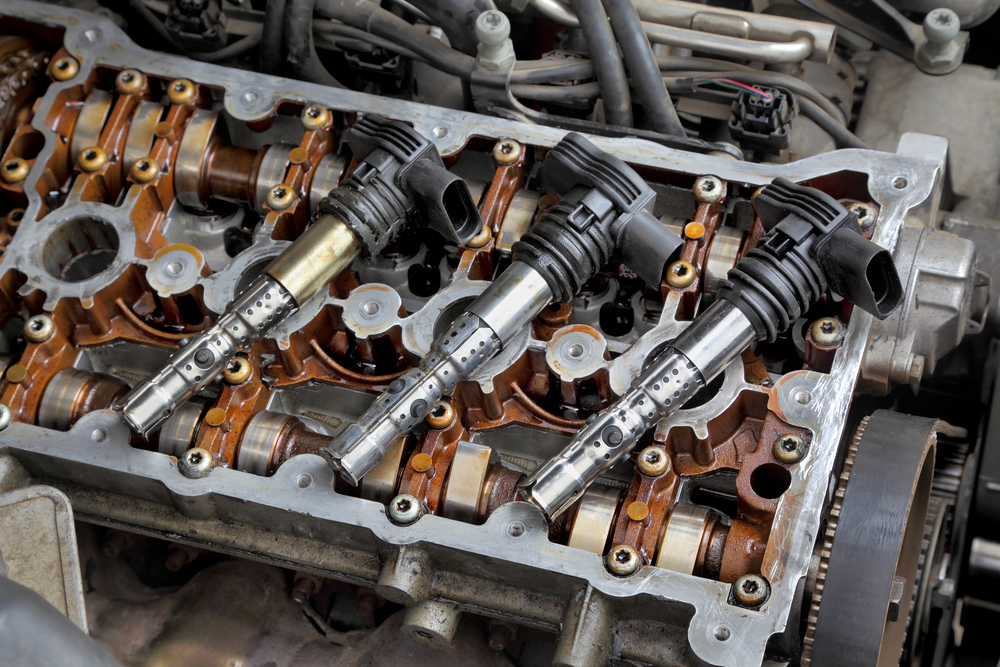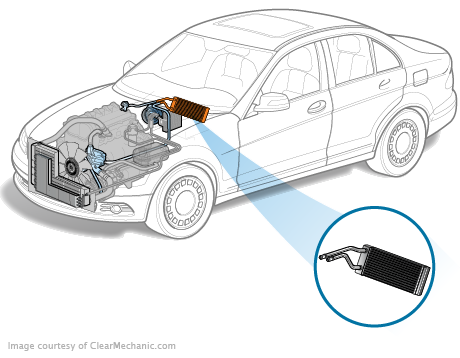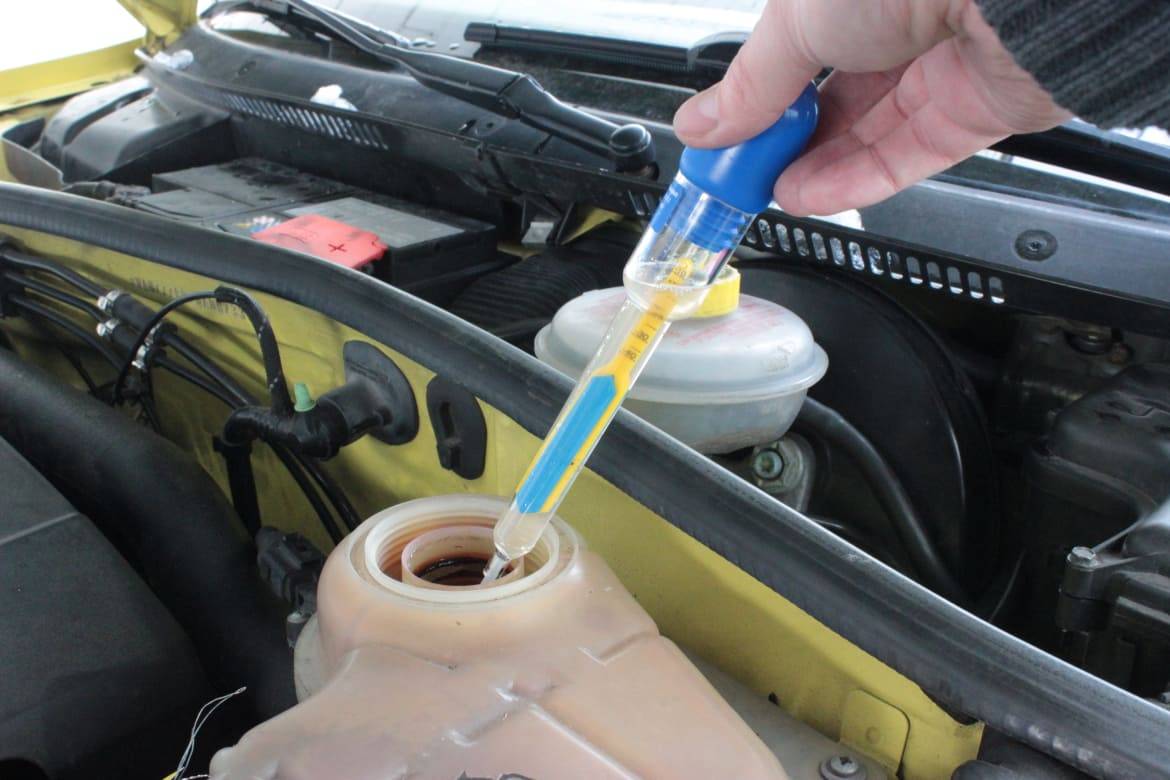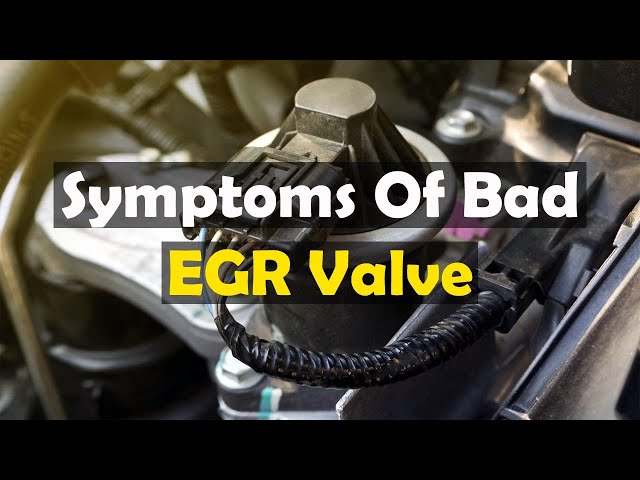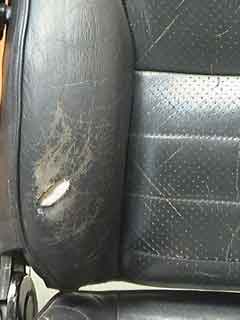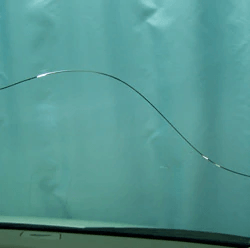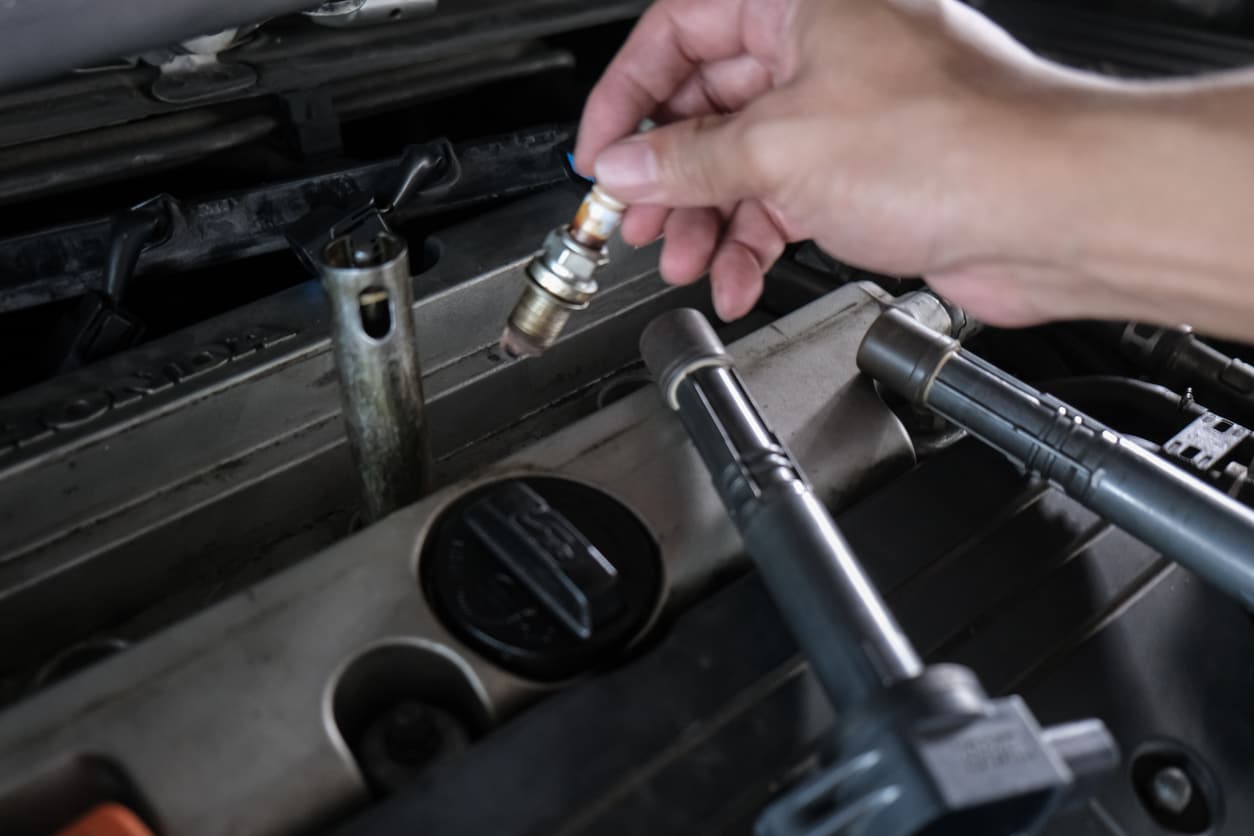What Can Cause a Coil Pack to Go Bad
Coil packs can go bad due to overheating or excessive vibration. Moisture infiltration and electrical overloads also contribute to failure.
Coil packs, an essential component of your vehicle’s ignition system, are susceptible to damage that can hinder engine performance. A coil pack’s primary job is to convert the low voltage electricity from the battery to the high voltage needed to fire the spark plugs.
Factors that can pave the way for coil pack issues include persistent engine heat causing thermal breakdown, as well as vibrations from rough driving conditions that can lead to structural damage. Corrosion from moisture, often a byproduct of engine leaks or humid environments, can erode the coil pack’s connections. Additionally, faulty wiring or voltage inconsistencies from the battery might lead to electrical stress. Regular inspection and maintenance can help in identifying the early signs of coil pack failure, ensuring that your vehicle remains reliable on the road.
Symptoms Of A Failing Coil Pack
Concerned about the health of your car’s ignition system? A key player is the coil pack. This vital part fires up the engine by igniting the fuel and air mix. Think of it like a sprinter’s starting block for your car’s performance. When it fails, the engine stumbles and economy suffers. Learn to spot the red flags before they become major issues.
Engine Misfires And Rough Idle
An engine stutter is the first hint of a coil pack crying for help.
- Expect jerks and hiccups during acceleration.
- Idle? It feels jittery, like a nervous heartbeat.
These misfires mean your coil pack may be on its last leg. Before frustration kicks in, let’s decode more signs.
Decreased Fuel Economy And Power
Is your car guzzling more gas than usual? That’s a tell-tale sign.
- Power dips are real.
- Up hills suddenly feel like mountains.
Less vroom with more zoom at the pump equals a troubled coil pack. Save your wallet and engine.
Common Culprits: Factors That Damage Coil Packs
Ignition coil packs are crucial for a vehicle’s engine to run smoothly. They send voltage to the engine’s spark plugs, igniting the fuel. A bad coil pack can result in misfires and reduced engine performance. Understanding what damages coil packs helps prevent costly repairs. Let’s dive into the main factors that can cause coil pack failure.
Heat And Vibration: The Primary Adversaries
Without a doubt, heat and vibration are the twin enemies of coil packs. They wear down the coil’s materials. Here’s how they impact coil pack health:
- Heat – Engines get very hot. Coil packs sit on the engine. This heat can break down the coil pack’s insulation.
- Vibration – Cars shake when they move. This shaking can make coil pack components loose. Over time, this shaking breaks coil packs.
Voltage Overload From Faulty Spark Plugs
Spark plugs need just the right amount of electricity. If a spark plug is faulty, it might ask for too much power. When this happens, coil packs work harder than they should. Final result? Coil packs can burn out. It is crucial to check spark plugs often.
Electrical Issues That Lead To Failure
Electrical issues are frequently at the heart of a coil pack’s failure. Understanding these issues can prevent costly repairs. Let’s explore common electrical problems that can lead to a coil pack going bad.
Wiring Problems And Corrosion
Wiring is the lifeline for coil packs, supplying the necessary electricity for spark creation. Wiring problems like breaks or frays disrupt this flow. Corrosion further damages wiring, hampering the electrical connection. Here’s how these issues lead to failure:
- Broken wires: They interrupt electrical signals, causing misfires.
- Frayed insulation: It exposes wires to elements that can short-circuit the system.
- Oxidation: This form of corrosion increases resistance, straining the coil pack.
Moisture Intrusion: A Coil Pack’s Enemy
Moisture intrusion spells trouble for coil packs. Even a slight amount can lead to serious issues:
| Mechanism | Consequence |
|---|---|
| Condensation buildup | Short circuits |
| Water exposure | Electrical spikes |
| Salt corrosion from moisture | Deterioration of metal contacts |
The presence of moisture can cause coil packs to lose their efficiency and, over time, fail completely. Protecting these components from wet conditions helps ensure their longevity.

Credit: m.youtube.com
Physical Damage And Wear
Physical damage and wear are common culprits behind a failing coil pack. A healthy ignition coil is vital for optimal engine performance. Yet, various factors can compromise its integrity.
Impact And Stress Cracks
Coil packs face harsh under-the-hood conditions. Sudden jolts or impacts can cause damage. Stress cracks may appear, leading to compromised function. These cracks often result from:
- Engine Vibrations: Constant shaking can develop tiny fractures over time.
- Accidental Hits: Maintenance work can accidentally harm the coil packs.
Exposed wires or terminals can further aggravate the situation, causing misfires or complete failure.
Aging And Material Degradation
Coil packs don’t last forever. Wear over time is normal. Factors influencing aging include:
- Heat Exposure: Engines run hot, leading to thermal stress.
- Moisture: Any moisture entry can corrode internal components.
- Oxidation: Electrical contacts may oxidize, hampering conductivity.
Choose quality replacement parts to ensure longevity and prevent premature wear.
Maintenance Missteps That Contribute To Failure
Proper maintenance is key for a vehicle’s electrical components. Coil packs are no different. Overlooking certain care steps can lead to their untimely demise. Let’s explore common maintenance errors that could spell trouble for this critical engine part.
Improper Installation And Handling
Correct installation is crucial for a coil pack’s longevity. Incorrectly fitted coil packs stress the system. This might cause damage or even complete failure. Handling them roughly can also lead to internal cracks or disconnections.
- Connection issues: Loose or improper connections can cause arcing.
- Physical damage: Dropping or knocking the coil can lead to broken casings.
- Torque specifications: Over-tightening can warp the coil, while under-tightening might lead to vibrations and disconnections.
Always follow the manual’s guidelines. Ensure all tools are accurate and right for the job.
Neglecting Regular Engine Inspections
An engine in good health is a haven for coil packs. Regular checks can prevent many issues. But negligence can lead to the following:
- Dirt and grime buildup: Excessive dirt can overheat the coil or cause electrical faults.
- Worn spark plugs: They make coil packs work harder, which shortens their life.
- Moisture: Water from leaks or the environment can lead to rust or short-circuits.
Keep a routine inspection schedule. Deal with potential problems swiftly to extend coil pack life.
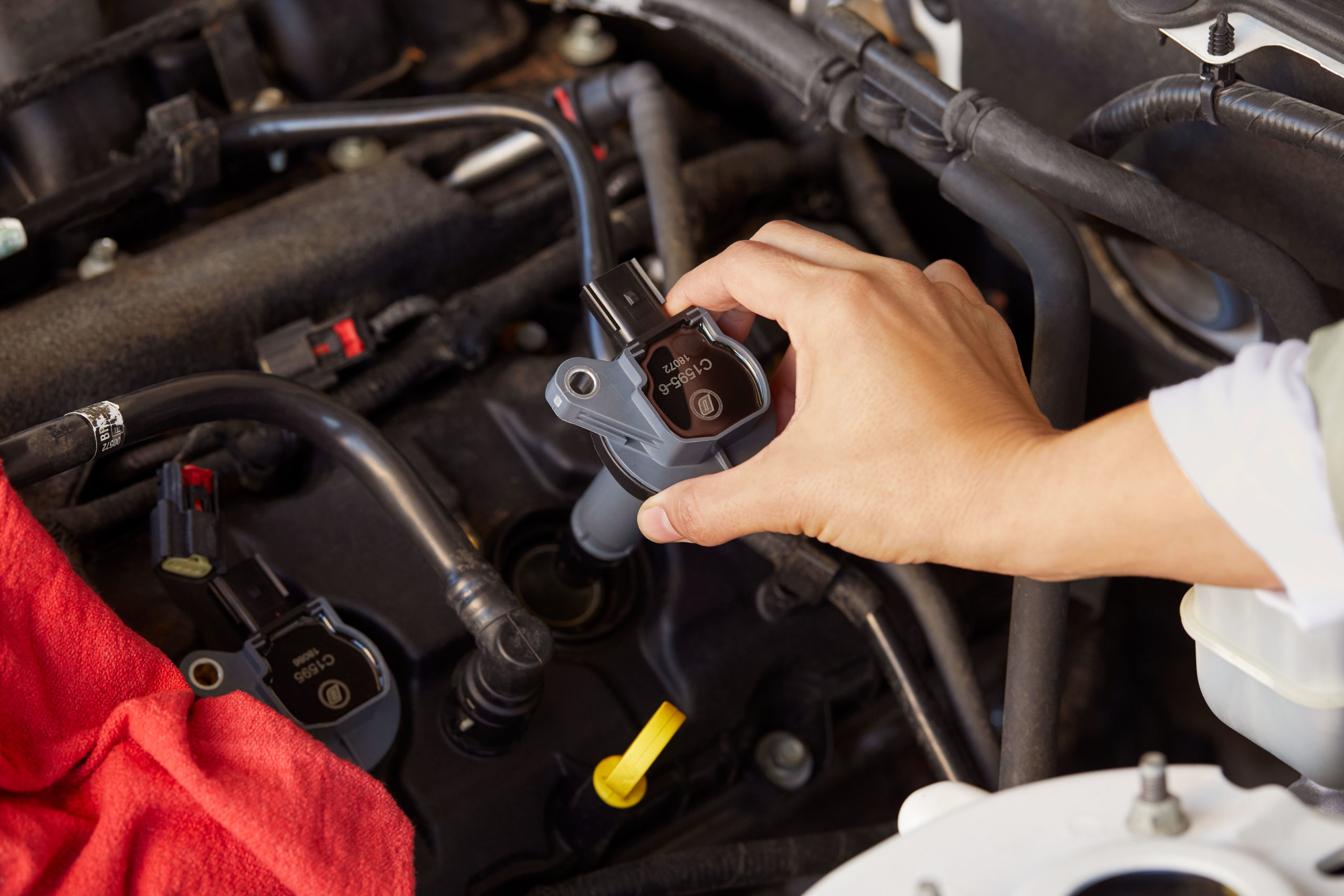
Credit: www.autozone.com
Diagnosing And Preventing Coil Pack Issues
Ignition coil packs play a key role in starting your car. They send the needed spark to ignite the fuel in your engine. Without them, your car won’t start. Keeping coil packs in good shape is a must. Waiting too long to fix them may cost you more. Let’s uncover how to spot and stop problems with coil packs.
Diagnostic Tools And Techniques
Finding issues with coil packs needs the right tools. Mechanics use special scanners to read car codes. These tell them where the problem is. DIY enthusiasts can use a multimeter. It checks for proper electric current. Without the right tools, you can miss early signs of coil pack failure.
- Use an OBD-II scanner for error codes
- Check coil resistance with a multimeter
- Listen for a rough idle or misfires
- Look for a check engine light on the dashboard
Regular Checks And Preventive Measures
Regular maintenance prevents coil pack issues. Your car’s manual shows when to check them. Change spark plugs on time. Faulty plugs strain the coil packs. Keep the engine clean, too. Dirt and moisture harm coil packs. These steps extend their life.
| Check | Frequency | Benefit |
|---|---|---|
| Spark Plug Condition | As suggested by vehicle manual | Reduces strain on coil packs |
| Engine Cleanliness | Regularly | Prevents dirt/moisture damage |
A healthy car needs healthy coil packs. Be proactive. Small acts today save big costs tomorrow. Remember, coil packs are your car’s lifeline for a smooth start!
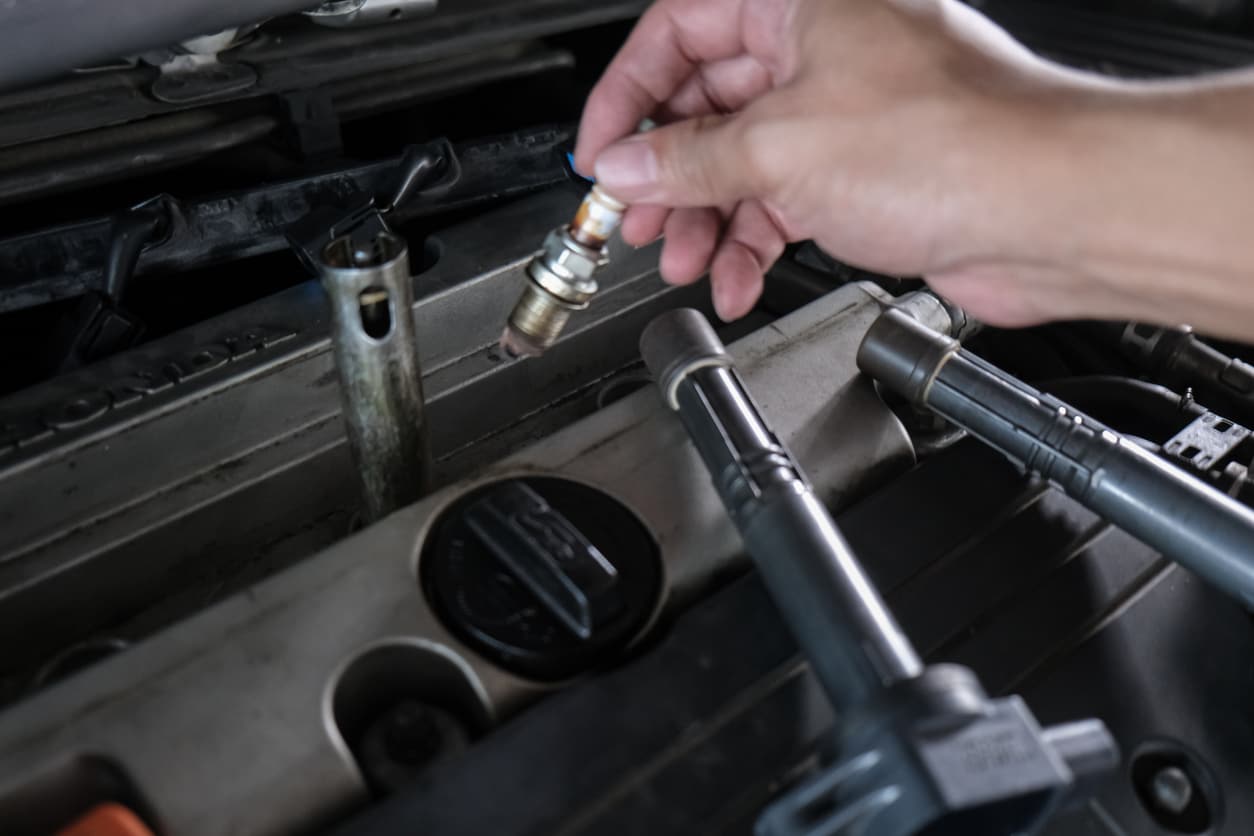
Credit: www.firestonecompleteautocare.com
Frequently Asked Questions On What Can Cause A Coil Pack To Go Bad
What Are Common Symptoms Of A Bad Coil Pack?
A faulty coil pack often leads to engine misfires, rough idling, and decreased power. It may also trigger a check engine light. Ignition coil issues compromise engine performance and fuel efficiency.
How Long Do Coil Packs Typically Last?
Coil packs generally last between 60,000 to 100,000 miles. However, their longevity can be affected by driving habits, engine condition, and environmental factors. Regular maintenance can help prolong their lifespan.
Can A Faulty Coil Pack Cause Starting Problems?
Yes, a bad coil pack can prevent your engine from starting. It can lead to a lack of spark, which is essential for igniting the fuel-air mixture in the cylinders, thus causing starting issues.
What Factors Contribute To Coil Pack Failure?
Coil pack failure can be due to overheating, moisture intrusion, vibration, and wear over time. Vehicle age and frequent short trips can also speed up the deterioration of coil packs.
Conclusion
Understanding the factors that lead to coil pack failure is crucial for vehicle maintenance. Heat, vibration, and moisture are common culprits, as are spark plug issues and general wear and tear. Regular inspections can prevent unexpected breakdowns and ensure your engine’s optimal performance.
Stay proactive in your car care to avoid these setbacks.

